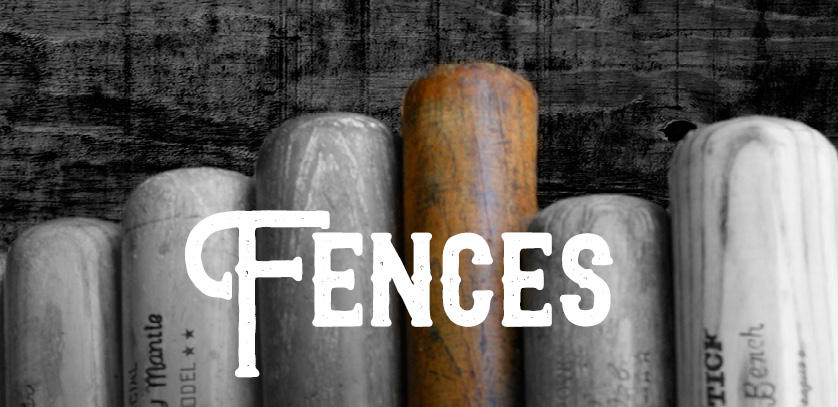

Wilson therefore seems to speak against Troy’s view of death, and how this view informs his approach to life and the lives around him. Death ends the play by annihilating the in/out distinction effected by a fence, and Troy dies in an unfavorable status because of his adultery. Gabriel’s proclamation therefore has both a punctuality and an ambivalence the play ends with the gates of heaven opening onto and usurping Troy’s fenced-off existence. While this declaration may not indicate the opinions of other characters, it nonetheless ends the play, and is the final word on Troy’s death. On the day of Troy’s funeral, Gabriel declares that Troy has successfully entered the gates of heaven. Troy’s obsession with death is perhaps just as strong, however, for in a way it sustains him: Troy’s pride in having survived against all the odds-his father, intense poverty, personal failure-relies on death to fuel itself. Gabriel’s obsession, however, is more loud and noticeable because it’s expressed in his manic, psychotic ideas about his supposed spiritual powers. Gabriel, always thinking about judgment day, has perhaps just as strong an obsession with death as his brother. Troy mentions that the fence he builds is a way of keeping Death out of his life. Further, the fence can be read as a barrier to the inevitable onslaught of death. Troy says that he knew Death had the upper hand in their battle, but that he nonetheless wanted to make his death as difficult as possible to achieve.

Troy seems to believe that, while death is an unavoidable fate, one should try to go out with a fight. Death”) several times throughout the play, telling a story about how they once wrestled. The topic of death appears throughout the play in various forms, both in the physical death of two characters ( Troy and Alberta), as well as in the stories told by Troy and through his brother Gabriel’s obsession with the Christian afterlife.


 0 kommentar(er)
0 kommentar(er)
